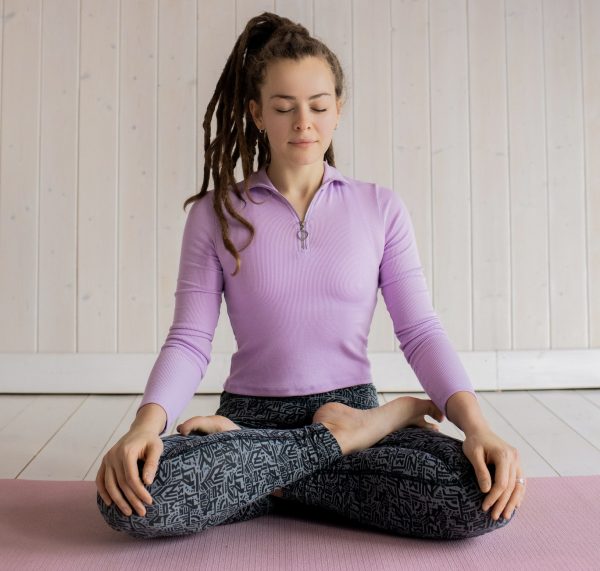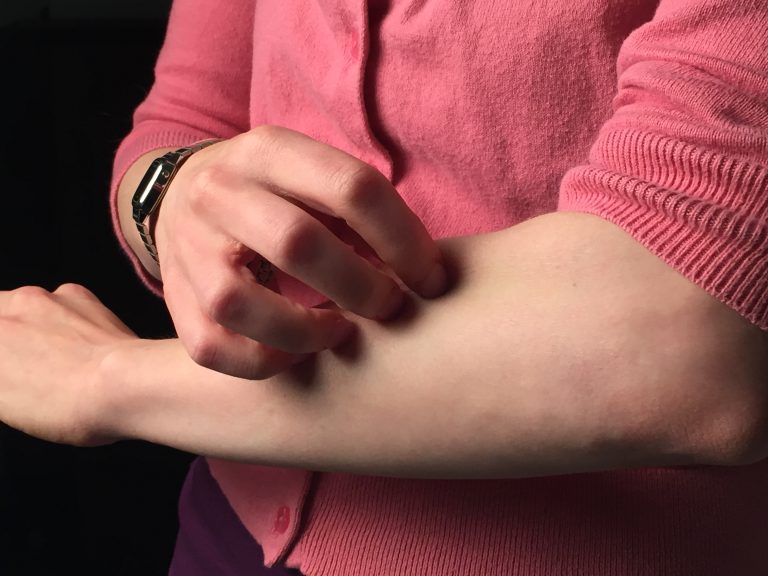While we generally regard modern technology as a good thing that has advanced our civilization, it does its fair share of damage. Our eyes, in particular, are being stressed almost constantly with the prevalence of handy devices that go with us everywhere. This stress, and other unhealthy habits, can lead to degenerated vision. Fortunately there are a number of ways you can protect your eyesight.
Common conditions that affect your vision
Nearsightedness (myopia), the most common vision problem, occurs when light rays refract in a way that the images become focused in front of, rather than on, the retina, causing blurred vision. It affects up to 40 percent of adults in Europe and the US, up to 80 percent of the Asian population, and is the most common disorder among children. It is usually caused by a change in the shape of the eyeball.
Farsightedness (hyperopia) is another common condition which causes one to see clearly only at a distance. It affects up to 10 percent of the US adult population, and can be caused by the shape of the cornea, the placement and shape of the lens, and the length of the eyeball.
Macular degeneration is an age-related degeneration that causes blurred vision in the center of the field. Similarly, cataracts are when the lens of the eye starts to slowly become cloudy, almost like a fogged-up window, affecting one’s ability to do things like reading and driving.
A person with diabetes will also experience loss of sight from a condition called diabetic retinopathy – when the sugar in their bloodstream damages the blood vessels in the retinas of their eyes.
Six ways to protect your eyesight

Eat well for proper nutrition
Success
You are now signed up for our newsletter
Success
Check your email to complete sign up
Consuming the right vitamins and minerals will help reinforce your eyes, protecting them from the hazards that come from the problems written above. Vitamins A, C, and E have been cited as the key vitamins to shield our eyes. Fruits and vegetables are rich with these essential vitamins and are recommended for eye health.
Vitamin A is entrusted with the protection of the cornea, as well as providing rhodopsin – the protein in our eyes that gives us the ability to see in low light.
Vitamin C is an effective antioxidant that can prevent damage from “free radicals” and other health conditions, while also being used in making collagen, a protein that gives the eye its form.
Vitamin E helps to prevent oxidative stress, which causes chaos for the body by disrupting the balance between antioxidants and free radicals. A study consisting of 3,640 people showed that consuming sufficient amounts of vitamin E and other nutrients have the risk of macular degeneration by 25%.
Vegetables like carrots, red peppers, broccoli and spinach, and fruits like strawberries and other citrus fruits are some of the main sources of vitamins A, C and E. You can also consume foods rich in omega-3 like salmon and flaxseed.
Carotenoids like lutein and zeaxanthin are nutrients found in the retina that can be provided by consuming foods rich in these helpful nutrients.
Break bad habits
Increased exposure to daylight and activities that require distance viewing lower the risk for myopia. Avoid staying indoors doing close-up work for long periods. German medical journal published an article stating that “a person with little exposure to daylight has a fivefold risk of developing myopia, which can rise as high as a 16-fold risk if that person also performs close-up work.”
Smoking is not only harmful to our lungs, it can also damage the eyes. Meditation not only improves both physical and mental health; it can also be a useful tool to help one quit smoking. By relieving stress, one of the main reasons smokers light up, frequent meditation can reduce your desire for a cigarette.
Alcohol has also been linked to the acceleration of macular degeneration. Breaking an addiction to alcohol and other harmful substances can be difficult, but there are many sources for help and support that you can take advantage of.
Make and keep healthy habits

Since our sight is interconnected with the rest of our body, keeping our bodies in good shape can naturally do wonders for our eye health. Regular exercise, even in the form of a daily walk, has multiple health benefits. Exercising regularly can help keep blood sugar levels at a healthy count and reduce the chances of developing diabetes and other related health conditions, like diabetic retinopathy.
Because they are moist and warm, the eyes are vulnerable to germs and bacteria. Since we often touch our eyes without realizing it, proper hygiene is important to keep them safe. Contact wearers should make the extra effort to keep them clean and disinfected as instructed, and replace them as advised.
Chemicals and sharp projectiles can do quick and serious damage to your eyes. Always wear protective goggles when working with chemicals or power tools or airborne substances.
Exposure to the ultraviolet (UV) rays from the sun is another common source of eye damage. Choosing sunglasses that block UV radiation from sunlight will help prevent conditions like macular degeneration and cataracts.
Limit and manage screen time
An increasingly common threat to the eyes is too much screen time. What used to be mainly television entertainment and work now follows us around everywhere we go. Besides the ‘close work’ factor already mentioned, some studies suggest that the blue light from screens can damage retinal cells, leading to macular degeneration. This same blue light is known to suppress the sleep hormone melatonin, causing disrupted sleep patterns and increased eye strain. A recent NEI-funded study found that children’s eyes apparently absorb more blue light from screens than adults do.
To mitigate the habit of looking into a screen for a prolonged period of time, follow the 20-20-20 rule. Every 20 minutes, stop staring at the screen and look at something else 20 feet away for 20 seconds.
With this, you can balance out your exposure to the bright lights of your computer screen and undergo a regulated period of time to perform your work while giving your eyes enough time and space to rest.
Do eye exercises
There are a number of techniques you can use to relieve visual stress, such as palming, sunning, and scanning. Doing these eye exercises daily can improve your circulation and release stress that gets accumulated in the eyes and help prevent further myopia.
Reduce your prescription
While corrective lenses make the world clearer, our prescriptions are often stronger than we need, and only lead to further damage. Progressive lenses and bifocals, especially, train the eyes to tunnel your vision, promoting further degeneration. Ask your doctor for a weaker prescription to wear indoors. While things may be a little more blurry, your eyes will be more relaxed, enabling them to improve.
By applying the methods above, you can give your eyes the love and care needed to maintain a proper view of the world around you.
Ila Bonczek contributed to this report.













